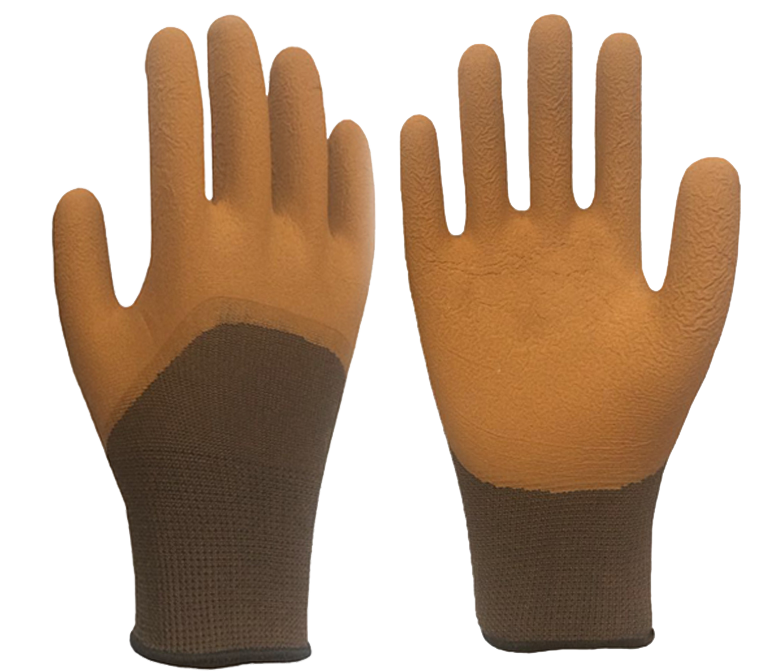How Does the Thickness of Yarn Affect Work Gloves?
Author:Gloves Addtime:2024-01-16 17:11:08 Click:
The thickness of yarn plays a critical role in determining the performance and effectiveness of work gloves.
Work gloves are essential in various industries to protect hands from potential hazards, and understanding how yarn thickness influences their characteristics is key to selecting the right gloves for specific tasks.
**1. ** Protection and Durability:
Thicker Yarn: Work gloves with thicker yarn generally provide enhanced protection against cuts, abrasions, and punctures. The increased thickness contributes to greater durability, making them suitable for tasks involving sharp or abrasive materials.
**2. ** Dexterity and Flexibility:
Thinner Yarn: Gloves with thinner yarn offer improved dexterity and flexibility. Workers handling intricate tasks or requiring a high level of precision often prefer gloves with thinner yarn, allowing for better tactile sensitivity and ease of movement.
**3. ** Breathability and Comfort:
Thinner Yarn: Gloves with thinner yarn are generally more breathable, promoting comfort during extended wear. In environments where breathability is crucial to prevent hand fatigue, such as in hot and humid conditions, gloves with thinner yarn are preferred.
**4. ** Insulation and Thermal Properties:
Thicker Yarn: For applications requiring thermal insulation, such as in cold environments, gloves with thicker yarn provide better insulation against the cold. The added thickness helps retain heat and keeps hands warm in chilly conditions.
**5. ** Grip and Traction:
Thicker Yarn: Work gloves with thicker yarn often offer a better grip, particularly when handling heavy or slippery objects. The added thickness provides additional traction, reducing the risk of slips and enhancing overall grip strength.
**6. ** Sensitivity to Touch:
Thinner Yarn: Jobs that demand a high level of touch sensitivity, such as in precision assembly or delicate tasks, benefit from gloves with thinner yarn. Thinner yarn allows wearers to feel objects more distinctly, facilitating tasks that require a gentle touch.
**7. ** Cost and Affordability:
Thinner Yarn: Gloves with thinner yarn are typically more cost-effective. For applications where frequent glove replacement is necessary, opting for gloves with thinner yarn can be a practical choice without compromising on basic protective functions.
Key Considerations:
Task-Specific Requirements: Consider the specific requirements of the task when selecting work gloves. Tasks involving sharp objects may benefit from gloves with thicker yarn, while tasks requiring precision may favor gloves with thinner yarn.
Comfort Preferences: Understand the comfort preferences of the wearer and the environmental conditions in which the gloves will be used. This includes factors such as breathability, flexibility, and thermal insulation.
Industry Standards: Adhere to industry standards and regulations when choosing work gloves to ensure they meet the necessary safety requirements.
In conclusion, the thickness of yarn significantly influences the performance characteristics of work gloves. Whether prioritizing protection, dexterity, or other specific features, selecting gloves with the appropriate yarn thickness ensures that workers have the right level of comfort and safety for their tasks.
